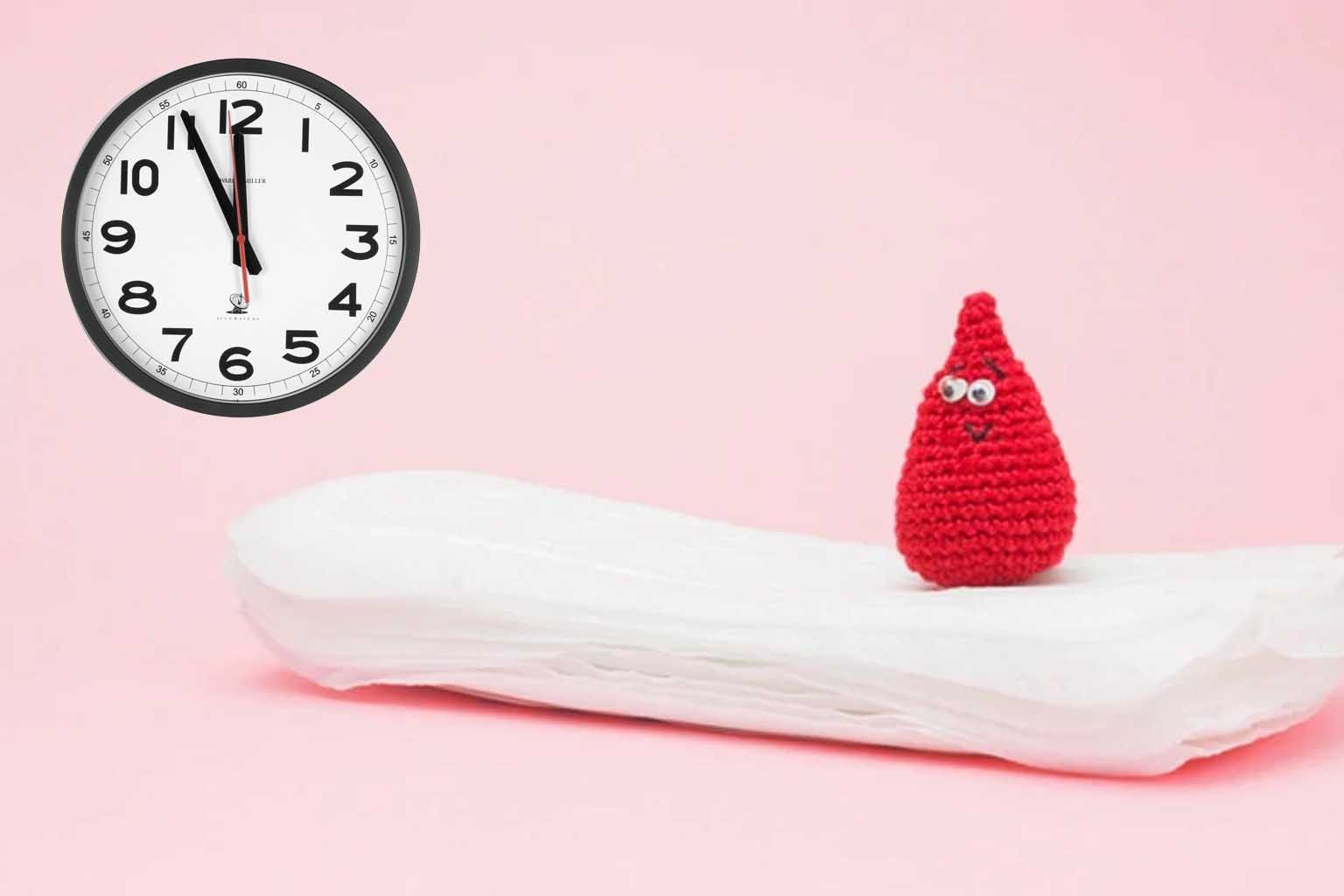Period changes? No one likes their period. Women usually have to structure many events around their monthly visitors and plan trips and vacations with it in mind. It can also cause a lot of physical exhaustion, cramping, vomiting, bowel issues, and a host of other symptoms which are often not talked about. However, we still mostly get on with our lives. Something that we also perhaps don’t discuss or know much about is how our periods keep changing. The period you expect at the age of 20 will not be the period you get when you’re in your 40s.
Changes in Period Throughout Your Life
As your body changes in many ways as you age, your period is very likely to change too, perhaps in ways, you expect and also in unexpected ways. It’s always important to know about these changes so we can track what’s happening in our bodies.
1. Menarche Onwards, The Teenage Years
A girl’s first period is known as menarche, and this can be anywhere between the ages of 11-15. It can also be earlier or later; these things depend a lot on geography, genetics, hormones, nutrition, exercise, and so on. In the early years of getting your period, it can often be irregular and swing between light and heavy. Young girls don’t ovulate regularly. Sometimes, at a young age, you skip the unpleasant side effects of periods: PMS, cramps, breast pain, and so on. So these things can shock you a bit when they show up later.
2. In Your 20s
During this period, your cycle will become more regular and you’ll ovulate regularly. This is the time when women are most fertile, usually, so your periods should follow some kind of pattern. This is also supposedly a time when a lot of women choose to go on birth control; either because they become sexually active or for other reasons. If you choose to do so, then remember that it will affect your cycle, and ask your gynecologist the relevant questions.
The 20s can also be a very stressful time for young women: work and relationships are very important, and this can also trigger changes in your period. Since your period has more or less settled into a pattern, you can also discover that you might have certain conditions, like PCOS or endometriosis. Women are always taught that pain is a part of periods and discouraged from complaining, but the fact is that that pain can often be a symptom of a serious medical condition. So be alert when it comes to your menstrual health, especially in your 20s.
3. In Your 30s
A lot of women have children in their late 20s, and often in their 30s. This has the potential to cause major changes in your menstrual cycle, especially if you’re breastfeeding. Your period might return around six weeks after you’ve given birth, but it might take longer if you’re breastfeeding. Don’t panic if your period is a bit all over the place after something as major as childbirth. Even after your period returns, there might be long-term changes caused by pregnancy and childbirth.
However, aside from this, your period should be largely consistent during this time. You might also experience certain mild conditions like fibroids, benign uterine growths, and polyps, but these aren’t very serious, although they can make things harder when you have your period. You can see a doctor and sort it out. Towards your late 30s, you might find yourself approaching perimenopause.
 irregular periods
irregular periods4. In your 40s
Early on, perimenopause can cause a lot of issues. You can expect irregular periods, clotting, hot flashes and chills, insomnia, hair thinning, weight fluctuations, and a host of other medical irritants. These might not necessarily happen to you, but they are common. Since your estrogen will be fluctuating at this time, your periods won’t be as regular, and you’ll have other side effects. When your period has not occurred for 12 consecutive months, you can surmise that you’ve reached menopause.
Periods can be annoying at the best of times, and incredibly painful at the worst of times. It’s important to track your period (there are lots of apps nowadays) so you know what’s coming, and to choose a doctor you trust. As with many other bodily functions, periods can be unpredictable, and we have to learn to live with that!
Also Read; How To Get Rid Of Period Cramps

